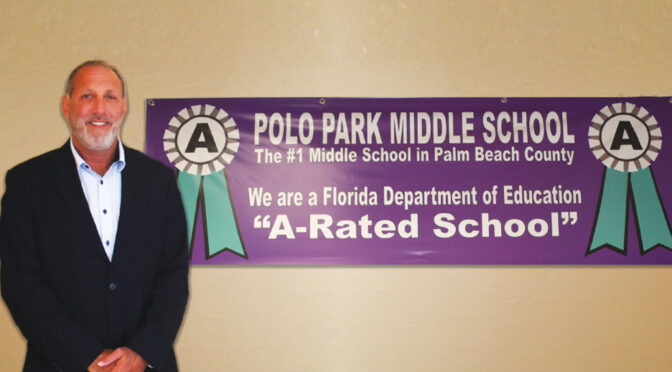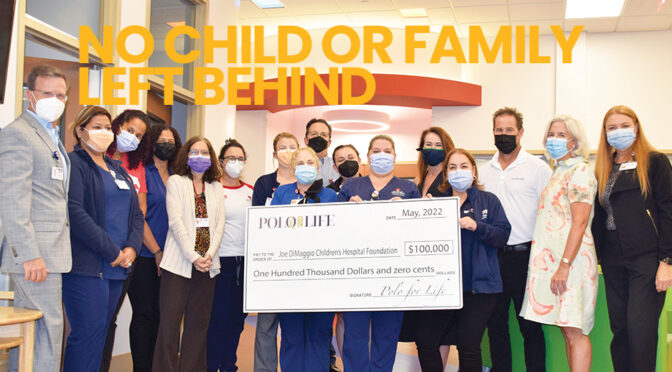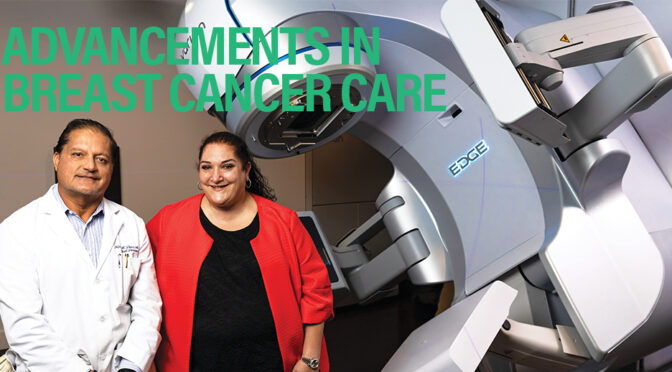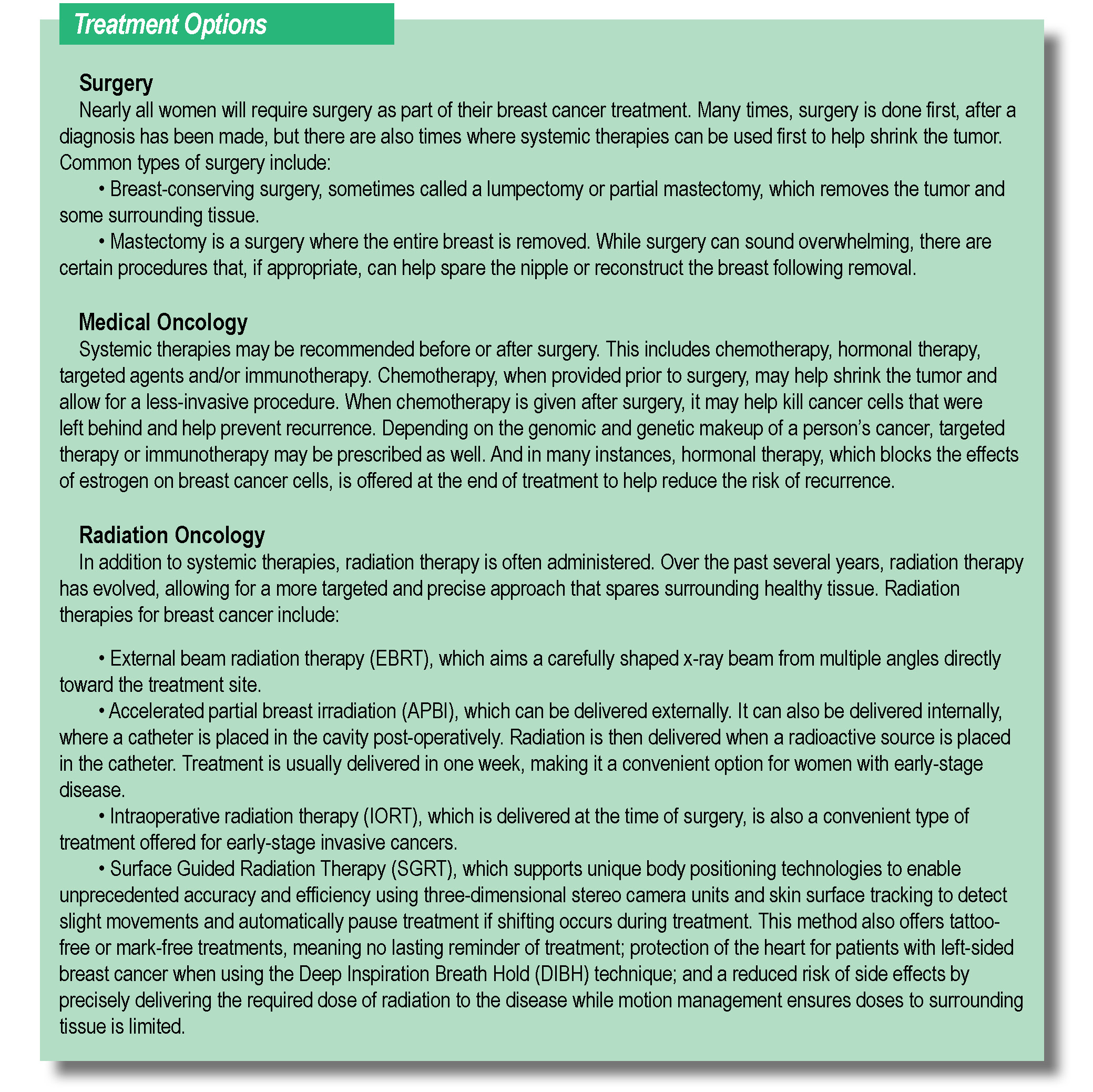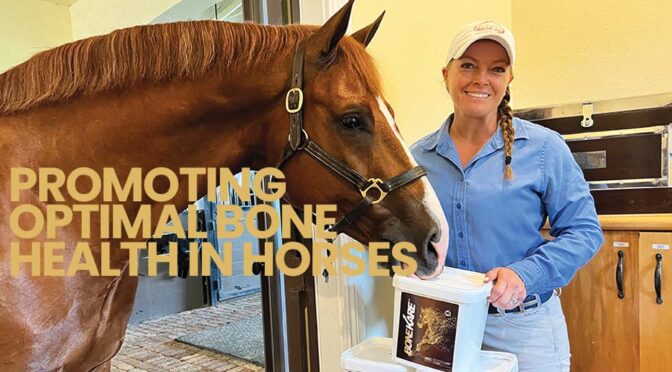Story By Deborah Welky | Photos By Denise Fleischman
When school starts up again this month, many children will be sporting new outfits, and some will be sporting something else — new braces.
And if anyone knows about braces, it’s Dr. Randall Shults of Shults Orthodontics, who has been perfecting the smiles of Wellington residents since 1993.
“Young children typically want braces because they’re kind of cool-looking, making it look like they’re ‘old enough to have braces,’ but getting braces varies by the individual and is problem-specific,” Shults said. “Some patients are best treated early, to avoid damaging the enamel of their teeth and to improve their bite, but others are better treated later on. The American Association of Orthodontists recommends seeing children when their permanent teeth first erupt (ages 7.5 to 9), but the vast majority of patients are better treated — more efficiently and financially conservatively — at ages 10 to 12 for girls and 11 to 13 for boys.”
The trend that the orthodontics community is now noticing is that there is a growing number of adult orthodontic patients, perhaps as high as 25 percent.
“My most mature patient is 84,” Shults said. “The reason why people seek treatment varies by age. When they’re younger, it’s often for aesthetics; in middle age, it’s function; and senior citizens want to hold onto their teeth. Or, perhaps, it’s simply something they always wanted done.”
For teens and young adults who worry most about how they’re going to look in braces, plastic aligners are a great option.
“Things are dramatically different than they were even 15 years ago,” Shults said. “There have been vast improvements in aligners, and I recommend them in many cases. Yet some people prefer more traditional braces because aligners require more responsibility, and they don’t want to mess with them. On the other hand, regular braces come with hygiene and dietary restrictions. For me, the key is to identify the problems precisely and treat the patient efficiently. Mild to moderate problems can be treated with aligners. Moderate problems can be solved with aligners or braces. Severe problems have to involve braces; for instance, if the jaws and teeth don’t match or the jaws don’t match each other. There are even cases where teeth have to be removed or jaw surgery performed. Whatever it is, I try to keep people within a two-phase treatment bracket of 18 months.”
Many patients are looking for a faster process, but Shults cautions against rushing things.
“There’s a reason that orthodontists go to school three years longer than dentists,” Shults said. “Part of that extra training is the physiology of tooth movement and bone physiology. You can only move teeth at a certain rate. You have to respect the biology of tooth movement and keep moving forward at a reasonable rate.”
That said, Shults said that braces can be temporarily removed for significant events, such as bar/bat mitzvahs or weddings. “It can be done,” he said. “But it’s expensive in terms of both time and equipment.”
Originally from Colorado, Shults graduated with honors from the University of Colorado School of Dentistry in 1984 and completed his orthodontic residency and certification at the University of North Carolina Chapel Hill School of Dentistry in 1989. He also received his PhD in sensory physiology from the University of North Carolina. He arrived in Wellington and set up his private practice nearly 30 years ago.
Through the years, Shults has seen many trends come and go, including the colorful “gummi bear look” popular in the 1990s.
“Back in the 1960s, braces were a ring around every tooth. It was a nightmare. In the 1970s, braces moved to brackets you glue to each tooth. That particular bracket, in the 1970s and 1980s, could be either a steel tie or an elastic tie. In the 1990s, you just held the wire in place with a plastic tie, which could be infused with color. The biggest risk for staining was those ties. They were also plaque traps. In the 2000s, the bracket design was changed to a smaller, easier-to-clean bracket, and the need for ties was eliminated.”
Shults has always embraced new technology. His practice, Shults Orthodontics, has been serving the area since 1993, changing locations whenever the need to expand or add technology beckoned.
“I’ve always been a tech guy. I have always enjoyed working on cars and doing software programming,” said Shults, noting that now he has little time for either. “In 2009, we got rid of all paper — all charts and internal communication, x-rays and imaging. Going totally digital was the most significant upgrade to my practice.”
As past president of the Palm Beach County Dental Association and former chair of the Orthodontic Section of the Atlantic Coast Dental Research Center, Shults continues to be listed as a lecturer for the research center. His approach to his practice is “to provide evidence-based treatment based on the best science available at the time.”
Shults Orthodontics is located at 12180 South Shore Blvd., Suite 101, in Wellington. Call (561) 793-9888 for a consultation. For more information, visit www.shultsorthodontics.com.


